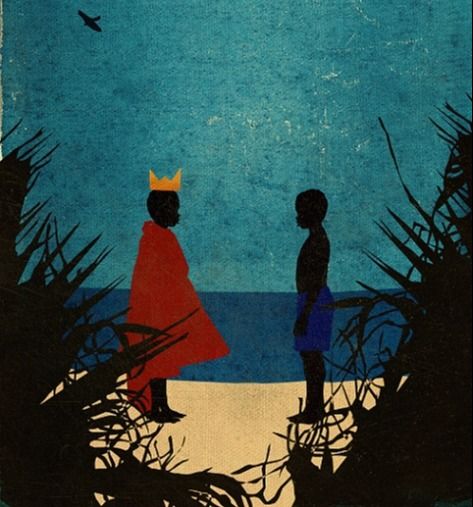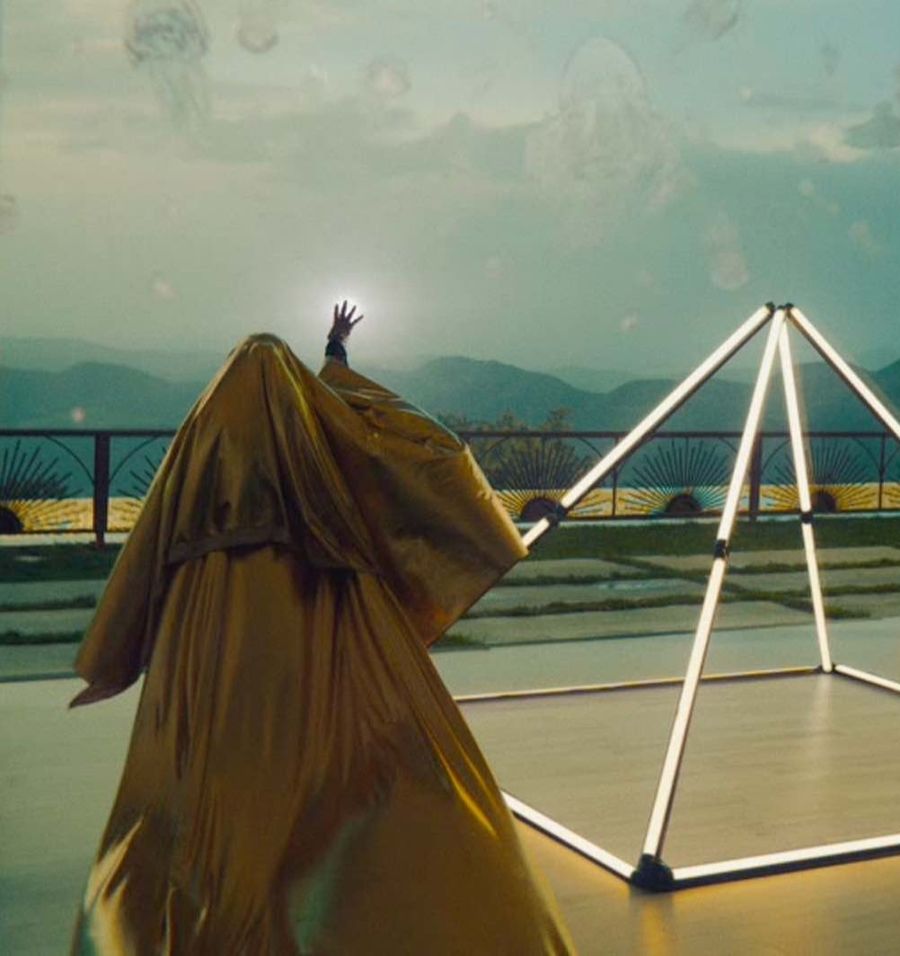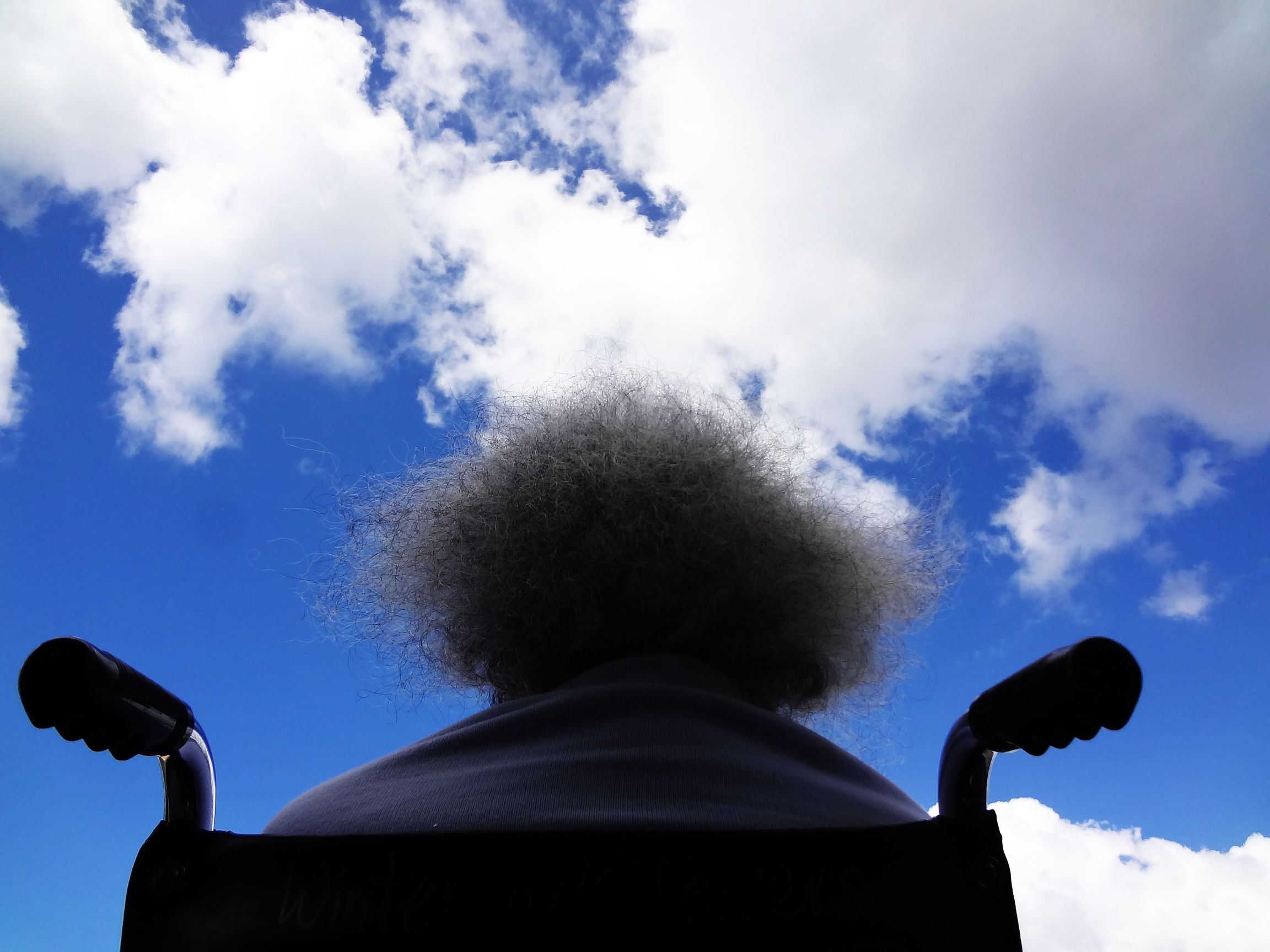It is no surprise that attempting to make a short film can be a daunting task. Where to begin, how to gain funding, even coming up with a viable concept can all be conflicts in getting the momentum going on your passion project. But there are ways to make a short that works for you. There isn’t one magic formula to making a bomb ass short film. You can manifest your work into existence, as long as you are focused and willing to work outside those silly and soul-crushing boxes.
We had a conversation with our FTW Germany ambassador Elisha Smith-Leverock, director of "Miss Black Germany," a documentary short film that is currently on the film festival circuit, and A.V. Rockwell, director of the short film "Feathers," which screened at the Sundance Film Festival and was acquired by Fox Searchlight. Here, we chatted about their experiences making their films and the biggest lessons they learned, from the filmmaking through the festival process.
FTW Takeaway: Go with the flow.
Elisha Smith-Leverock: ["Miss Black Germany"] was my first shot at documentary. I started off wanting [it] to be more stylized and controlled, like I was used to from commercials and with fashion films like "I Want Muscle." I do have those shots in there. But at some point, the story took a turn and I had to react. So we ended up also catching the action with iPhones and with other kinds of devices we had at hand and just really diving into the story. It became one of those things where the unexpected took over and for the benefit of the film you just had to run with it.
Proof-of-concept shorts are not a trap; they are your friend.
A.V. Rockwell: Totally not a trap. Though I haven't done it myself, filmmakers like Justin Simien, Joe Talbot, and Tayarisha Poe have successfully used that as a vehicle to get their features made.
Be targeted with your festivals. You don’t need to submit to every festival under the sun.
Elisha Smith-Leverock: Since ["Miss Black Germany"] was the first time I shot a short out side of the realm of fashion film, I wasn’t sure which festivals to take it to. There are so many out there. So, I got somebody involved who specializes in putting together festival strategies. We went through the festivals together and we had the same ideas about which ones to target. Obviously, me being a woman filmmaker there are a number of festivals that very specifically focus on that aspect, or others that were specific to the subject of the film.
We had a shoestring budget for the film and a shoestring budget for festivals. Submissions can get really expensive very quickly! I had a very small budget for that so I had to be very strategic and select festivals where we actually had a chance of making an impact with the film.
A.V. Rockwell: I set a goal of where I’d like to ideally screen at first. In ["Feathers"] this case, my hope was to premiere internationally. From there, I researched upcoming festivals that attracted projects similar to this film.
Decide the pros vs. cons of festivals vs. self-distributing.
A.V. Rockwell: I don't think either method is a foolproof way to get exposure. Just keep in mind that if you do want to play at festivals, it may difficult to do so if your project has already been released on the internet. A few shorts from my series Open City Mixtape played at great festivals, but not many. Festivals can be strict about premieres.
"Dive in as soon as you're ready. I shot 'Feathers' over a summer in New Orleans, instead of returning to grad school that fall."
-A.V. ROCKWELL
Inspiration can come from anywhere. Keep your eyes open and know the story you want to tell!
Elisha Smith-Leverock: One of the factors that prompted me to make ["Miss Black Germany"] was an invite from Diane Pernet who runs ASVOFF (A Shaded View On Fashion). As an alumni of the festival and previous Grand Prix winner, she wanted to have one of my films for the 10 year anniversary of the festival. I didn’t have anything ready to submit at the time so I initially passed. And that’s when the subject quite literally found me. I was heading somewhere one day and I saw posters for the event hanging up outside. I had never seen anything like this happening here before. I really wanted to explore this for so may reasons. I am not a fan of beauty pageants to say the least, but I was wondering what this kind of event could do for the community. As a young girl growing up in Germany, I would have embraced any form of acknowledgement of black beauty.
A.V. Rockwell: [With "Feathers,"] I wanted to explore the topic of mental health as it relates to the experiences of black men and boys; the trauma they're left to deal with when society overlooks their humanity. Have a clear idea of what the story is that you want to tell and build a team that believes in your vision.
Think about your impact. Your film can change the lives of so many.
Elisha Smith-Leverock: The most rewarding thing was actually having the film out there and to have people see it and experience people's reaction to it. I think a lot of people outside and inside of the country aren’t even aware of the black community in Germany. Let alone what kind of issues we face. It was also interesting to hear feedback from the women that are featured in the film. Some of them watched the film later and said, “Wow! I had no idea this was going on within our community,” or “This is an interesting way to see it.” or even just to say, “I felt myself portrayed really well.” That for me was the most rewarding thing about making the film.
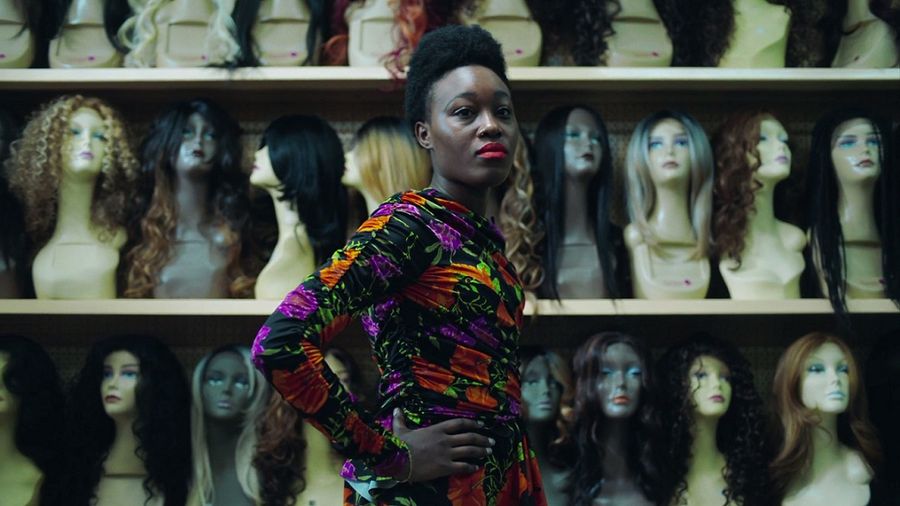
Consider making a press kit. Be prepared to answer questions about your film.
Elisha Smith-Leverock: People are going to ask you, “Why did you make this film?” Being new to the festival circuit and not knowing how to properly prepare I found out about a lot of things along the way. I never knew that a press kit is a great tool to have. You can give context and answer that question and all others. I think a well put together press kit is an essential thing to have.
A.V. Rockwell: [People will ask] what's the story about? Why'd you want to make it? What was the process?
Create a one-pager to get people excited about your project.
Elisha Smith-Leverock: Because we were on a tight deadline (2 weeks prep) and I didn’t have time to apply for funding, I literally just bashed together a one-pager. It was solely for the purpose of communicating my ideas and to to get a production company on board as quickly as possible. It wasn’t as fleshed out as it could have been but I think my enthusiasm came across. People were able to see what I had in mind. They thought it was a worthwhile subject and helped me out.

Your film is an opportunity to curate your brand. This could be the key to your success.
Elisha Smith-Leverock: Working on "Miss Black Germany" helped me recognise what all my work is about. It framed all my personal work and all the interests that I have and made me view them in a different context. It helped me finally recognise an overarching theme that I wasn’t aware of before.
A.V. Rockwell: [The key was] being true to myself; telling stories I genuinely felt passionate about.
Sometimes not having a plan is the best plan.
Elisha Smith-Leverock: It’s not that I don’t have visions for where I want to be because I obviously work very hard to be where I am, but I never like to plan too far ahead and I like to be open to unexpected opportunities.
I think its this spontaneity that made me think it was possible to shoot the film in the first place and my flexibility that helped me when I had to change my approach whilst filming. I think being adaptable and thinking on your feet and not letting yourself get thrown off track when unexpected things happen is important especially when making documentaries.
A.V. Rockwell: Dive in as soon as you're ready. I shot "Feathers" over a summer in New Orleans, instead of returning to grad school that Fall. I think the experience of making it was the equivalent of what my coursework would have been the following semester, so my advice is to see each film you make as a chance to learn, sharpen your craft, and continue growing.
Elisha Smith-Leverock
Growing up with one parent serving in the military, frequent relocation became the norm for director Elisha Smith-Leverock. Now based in Berlin, after a decade in London’s Hackney Elisha’s childhood saw her enjoying the perks of experiencing life in several different countries.
For Elisha, being on the move has helped to develop her understanding of culture and taught her how to read people. Being able to intuitively grasp new trends also contributed to her filmmaking process and bolsters her ability to make the ordinary cinematically extraordinary across promos, fashion films, documentaries and commercials.
Having initially started out as a photographer, Elisha has gone on to build an award-winning portfolio, redefining her filmic style with every job she takes on. Her passion for art direction and cinematography is evident as each project is considered yet highly stylised. She has worked with a range of clients, such as AirBnB, Selfridges, Fila, Sony, Boohoo and McDonalds.
With a German mother and an African-American father, it’s no surprise that identity features as a prominent theme in most of her creative work. It’s something Elisha is constantly exploring through her own mixed heritage.
Elisha is fearless when it comes to her films, tackling topics like diversity, gender stereotypes and surrealism with a maturity and softness that works on-screen. Miss Black Germany, her recently finished short doc, will premiere at the ’18 ASVOFF competition. The film looks at the contestants of a black beauty pageant and challenges society’s expectation of beauty, questioning where women who do not conform to stereotypical ideals fit in. This piece follows her Grand Prix-winning ASVOFF entry a few years earlier for I Want Muscle, a short about a glamourous female bodybuilder. Aside from her film work, Elisha is also deeply committed to championing diversity both on and off screen. As of February 2018, she was announced as the Free The Bid ambassador for Germany.
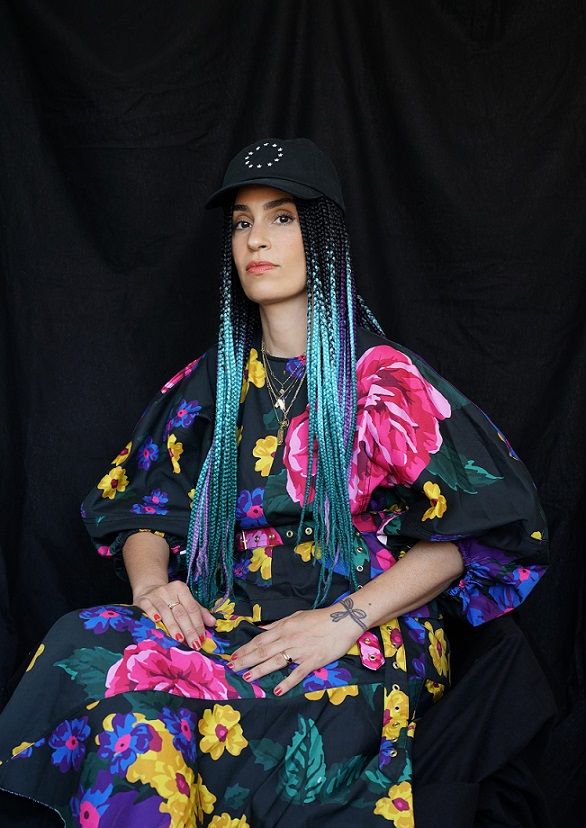
A.V. Rockwell
A.V. Rockwell was born and raised in Queens, New York. Hailed as a “rising indie filmmaker” by Entertainment Weekly, her work is celebrated for its brutal yet poetically humanized depictions of urban life. Her distinct voice dominates her work slyly addressing issues of race, family, identity and systematic oppression.
Shortly after she directed The Gospel, a music-driven short film commissioned by Alicia Keys; A.V.’s work gained traction leading to several accolades including the Guggenheim Fellowship for the Arts and a Sundance Institute Feature Film Fellowship. More recently, A.V. was announced as one of the finalists in the 2018 Young Guns Competition.
She was the grand-prize winner of the Tribeca Film Institute and CHANEL’s Through Her Lens grant, for her film Feathers, that made its Worldwide Premiere at this year’s 43rd Toronto Film Festival. Feathers was recently acquired by Fox Searchlight – a largely unprecedented move for a studio to venture into the shorts world — the film will now share the same house as Oscar winners Three Billboards Outside Ebbing Missouri (2017), The Shape of Water (2017), 12 Years a Slave (2013), just to name a few. Feathers was also recently selected as part of the 2019 Sundance Film Festival.
A.V. was recently presented with the inaugural Diageo-Young Guns Diversity and Inclusion Award. The honor recognizes an outstanding body of work from a Young Guns 16 finalist who is a woman or person of color.

